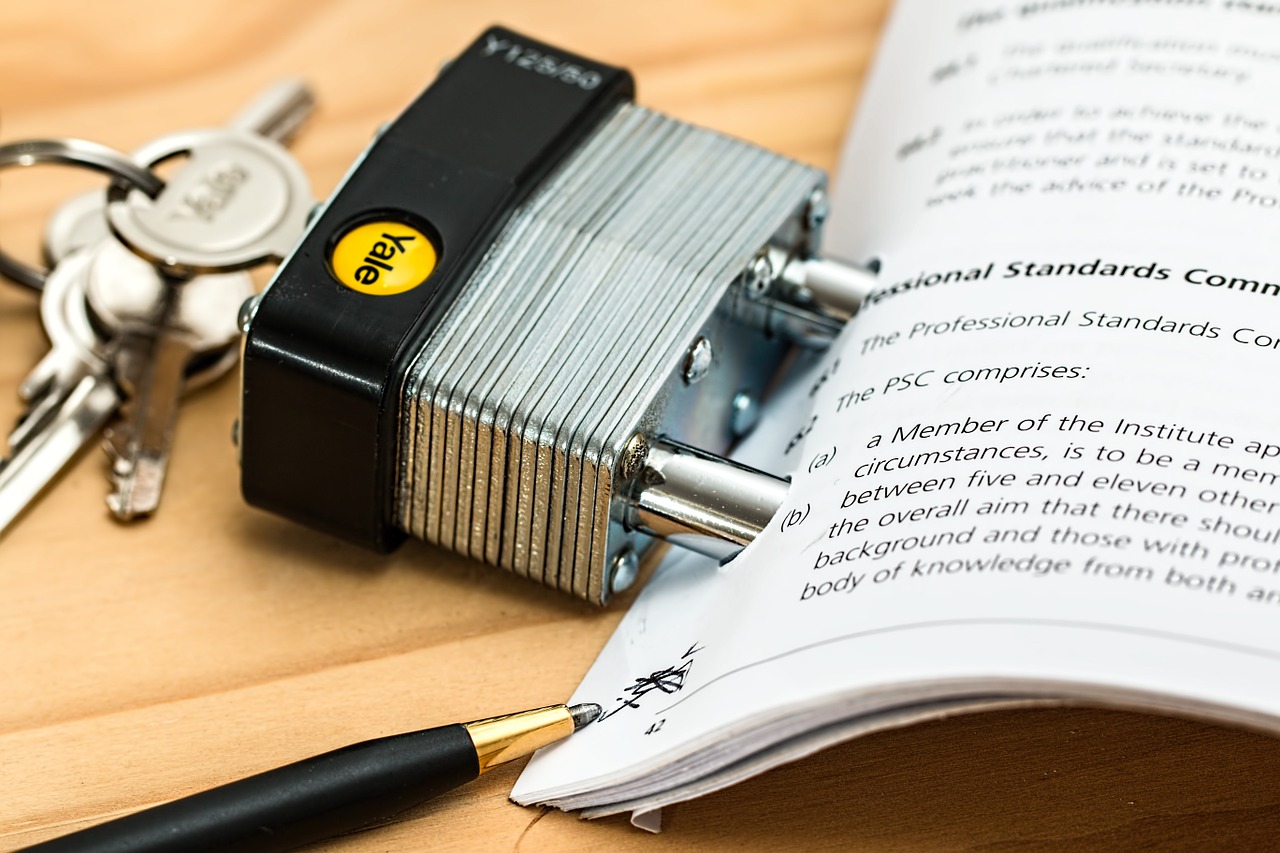When it comes to “time,” prophets have three broad roles:
- Interpreting the past (Jesus past)
- Directing the now (Jesus now)
- Speaking the future (Jesus future)
All three skills must be developed to fill a prophetic office successfully. It corresponds to the three “times” of God:
- Is
- Was and
- Is to Come
The spirit of prophecy witnesses of Jesus throughout all of time. The prophet must learn to represent a covenant-keeping God in all three these realms of time. Each realm has its own set of skills to master so that the prophet represents God more accurately.
Interpreting the Past
Interpreting the past is first and foremostly accomplished by knowing the past and studying what happened and why. When it comes to biblical interpretation the prophet must rely on the apostolic interpretation of the past. The apostolic interpretation is the authoritive interpretation. This means that you can find out the meaning of the covenants/law and Old Testament Scripture by studying the words of the apostles.
Understanding the words of the apostle will establish the prophet in an authoritive understanding of the economy of God as well as His agenda for the “now.”
Directing the Now
Once the prophet has a firm grasp on the past, he will now be able to direct the now to a preferred future. The direction of the prophet must be consistent with the Covenant he or she finds themselves in. For the true prophet today the New Covenant forms the basis of representing God. This constitutional agreement established in the blood of Christ is the arena of the prophets work. Work outside this agreement is misdirected and false. Whenever a prophet now functions outside the direction of this Covenant, their prophetics can in essence be described as false or unauthorized. It is prophetics without authority.
There are many tools that the prophet can use to direct the now: Teaching, prayer and prophesying form the basis of the dealings the prophet needs to be engaged in. Firstly the prophetic ministry needs to establish itself upon the Covenant and from here it can effectively direct. The foundation needs to be the finished work of Christ and not the ideas of men.
The prophet in the now mostly deals with the hearts of men and his mission is to establish men in the Covenant of God and the destiny that the covenant secures for them.
Speaking the future
The prophet is not only an interpreter and actor on the timeline. He also plays the role of a director who has access to the script. Through speaking the prophet must skillfully speak the existence forth of that which God has spoken and appointed. The prophet must therefore be acquainted with the heart and mind of God.
The Holy Spirit will make use of the prophet to reveal that which is hidden and obscured from sight. He will use the prophet not only to see, but to be a catalyst for the future. This is physically done through prophesying and teaching. The prophet concerning the future 1) Prepares 2) Causes 3) Reveals.
Eternities
The prophet must grow to reveal God accurately in most of the realms of time while the prophet is serving. Although these activities takes up our time, there are other realms from which the prophet can draw, which is interconnected with these three realms. This is the eternities: before the foundations of the world, and eternal life.
Prophets represent God and His agenda. By being aware of all arenas of time and how to make use of them, the prophet can become better equipped to represent the eternal God.










 Get the Basic Prophetic Training Manual.
Get the Basic Prophetic Training Manual.